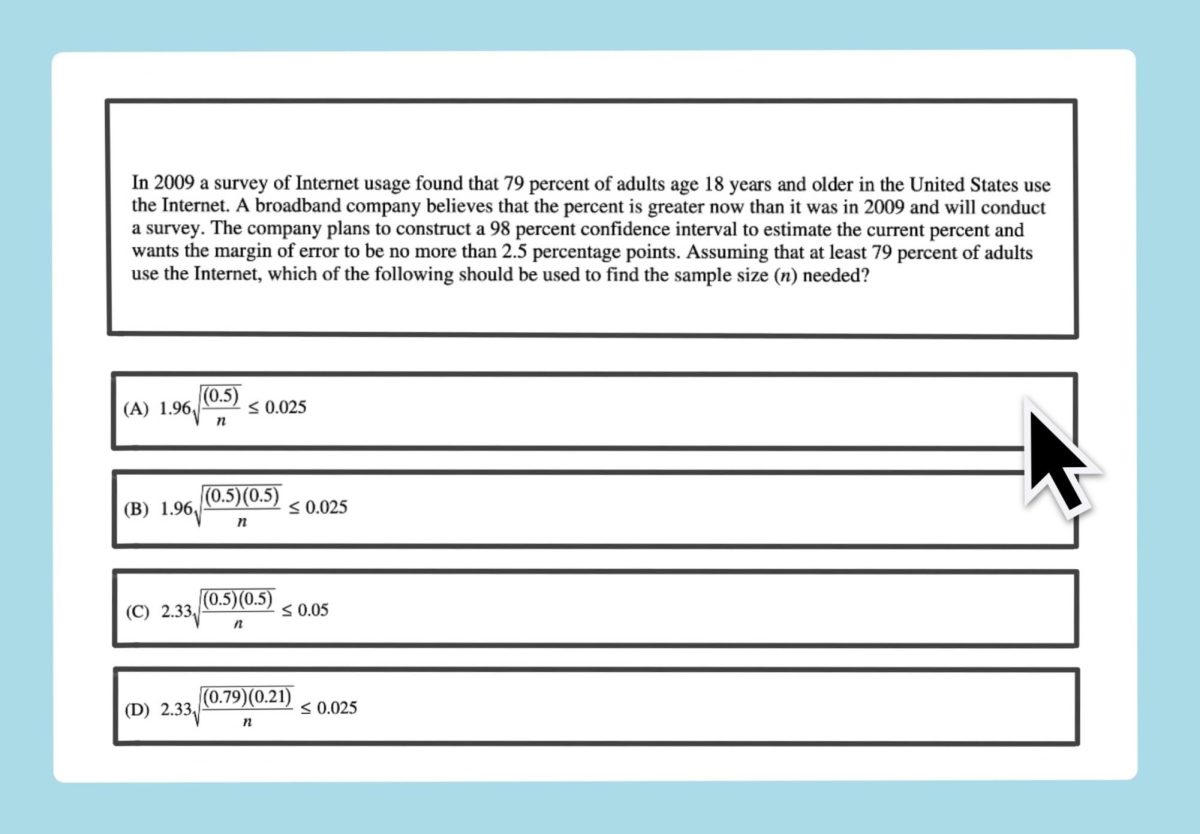I got ISS once. It was the seventh grade and I decided to use a power outage at my house as an excuse to not do my homework, and consequently not have my parents sign a permission slip allowing me to take sex-ed. The next day in class, it was assumed that my mother just didn’t want me to learn about the reproductive cycle and I was told to go to a less risqué classroom across the hall. Instead, I trotted down to another ?oor and hung out with a teacher I preferred.
For my crimes, I was awarded a day of ISS. This day out of class, combined with the day of the initial offense, removed me from the majority of my sexual education and I can say without any sarcasm (or going into too many details) that I really did miss a lot.
But that was only one day out of class at Inman Middle: a school that liberally imparts suspensions and detentions. Upon entering high school, the probability that I, as a white student, would receive ISS decreases, while dramatically increasing for black students and those with disabilities. This is true at Grady, in APS, and across the country.
A national study of 2 million students from 2009-2010 conducted by the UCLA Center for Civil Rights reported that, “one out of every nine secondary school students was suspended at least once during that year.” The report aims to show that suspensions are given out in a radically disproportionate manner and way too often. Twenty-four percent of all black students received ISS in 2009-2010 compared to 5 percent of white students. Additionally, after only receiving one ISS, a student is 32 percent more likely to decide to drop out.
Suspension of any kind is outdated, overused and harms the offending students more than it rehabilitates. It’s a system that hurts the kids that need education the most: those with disabilities. The proportion of those students’ suspensions is possibly the most disturbing. If disabled, a student has a one in ?ve chance of being suspended.
If the entire purpose of attending school is important class instructional time, then only major infractions should constitute being removed from the most important part of school.
According to “other studies” cited in the UCLA report, “the vast majority of suspensions are for minor infractions of school rules, such as disrupting class, tardiness, and dress code violations, rather than for serious violent or criminal behavior.”
This is glaringly apparent at Grady. The APS handbook divides disciplinary infractions into four levels. As the seriousness of the infraction increases, so does the numeric level. Level 1 infractions include lesser offenses such as skipping and minor graf?ti while level 4 offenses range from arson to assault. For primary level offenses, teachers and administrators are advised to give students a warning, detention, and a parents conference with parents before assigning ISS. Level 4 offenses immediately lead to out of school suspension and a tribunal referral.
In the handbook, right below this hierarchy of punishment is a clause that states, “school administrators reserve the right to deviate from the progressive discipline policy.”
It is through this clause that the Grady administration is allowed to bypass the hierarchy and immediately assign ISS if a student is caught skipping. While the APS of?cials responsible for writing the handbook offer three chances before assigning suspension, our administration has no issue with giving out the highly detrimental punishment like candy.
The most visible indicator of our administration’s liberal assignment of suspension is in statistics recorded by the Department of Education Civil Rights Division. Grady staff gives out nearly twice as many in-school suspensions as the APS average, 90.9% of which go to African American students.
A system that disproportionately punishes black students and disabled students isn’t just bad policy; it’s one that’s unjust and immoral. It’s ISS, not the students, that needs to be suspended.












